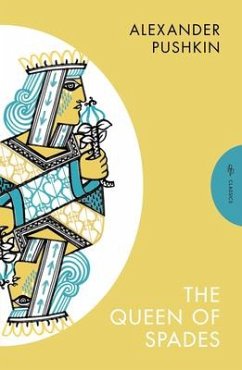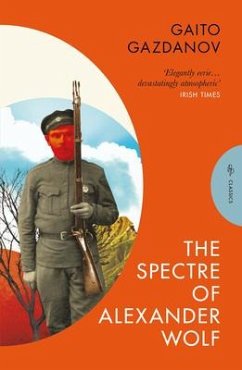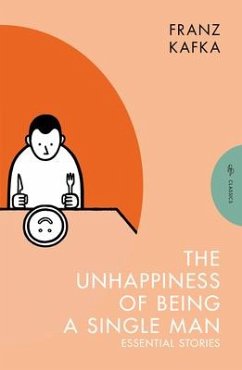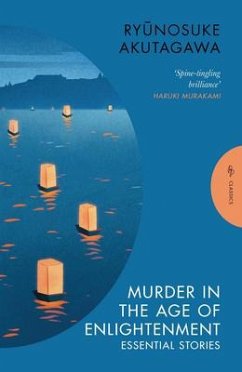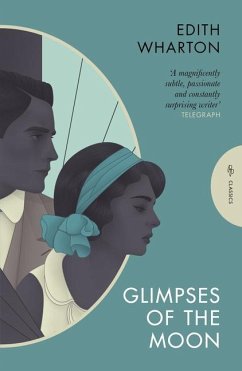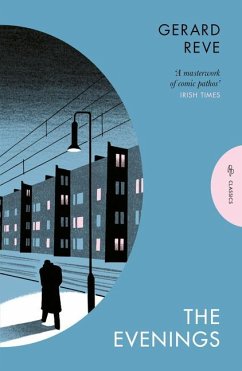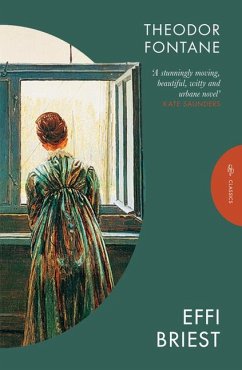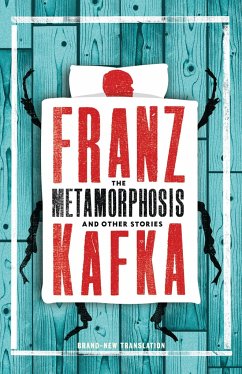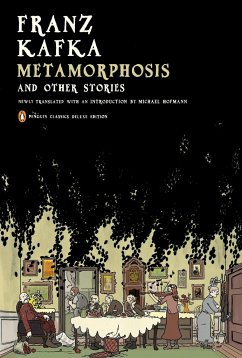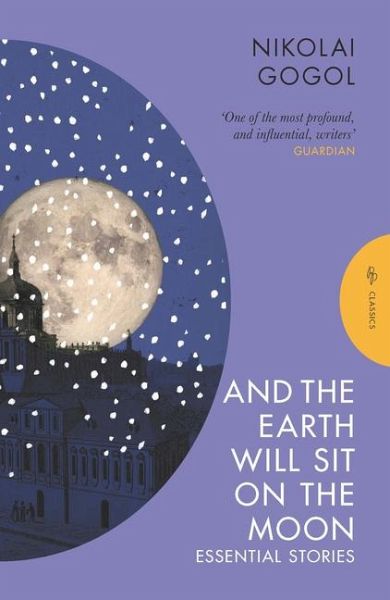
And the Earth Will Sit on the Moon
Essential Stories
Übersetzer: Ready, Oliver
Versandkostenfrei!
Sofort lieferbar
9,99 €
inkl. MwSt.

PAYBACK Punkte
5 °P sammeln!
Iconic short stories from the Russian master of satire, in a strikingly modern translation "The most morally complete writer: baffled, outraged, reverent, mock-didactic, mocking, all at once. He honours life by feeling no one way about it." -- George Saunders No writer has captured the absurdity of the human condition as acutely as Nikolai Gogol. In a lively new translation by Oliver Ready, this collection contains his great classic stories - "The Overcoat", "The Nose" and "Diary of a Madman" -- alongside lesser known gems depicting life in the Russian and Ukrainian countryside. Together, they...
Iconic short stories from the Russian master of satire, in a strikingly modern translation "The most morally complete writer: baffled, outraged, reverent, mock-didactic, mocking, all at once. He honours life by feeling no one way about it." -- George Saunders No writer has captured the absurdity of the human condition as acutely as Nikolai Gogol. In a lively new translation by Oliver Ready, this collection contains his great classic stories - "The Overcoat", "The Nose" and "Diary of a Madman" -- alongside lesser known gems depicting life in the Russian and Ukrainian countryside. Together, they reveal Gogol's marvelously skewed perspective, moving between the urban and the rural with painfully sharp humour and scorching satire. Strikingly modern in his depictions of society's shambolic structures, Gogol plunders the depths of bureaucratic and domestic banalities to unearth moments of dark comedy and outrageous corruption. Defying categorisation, the stories in this collection range from the surreal to the satirical to the grotesque, united in their exquisite psychological acuteness and tender insights into the bizarre irrationalities of the human soul.




